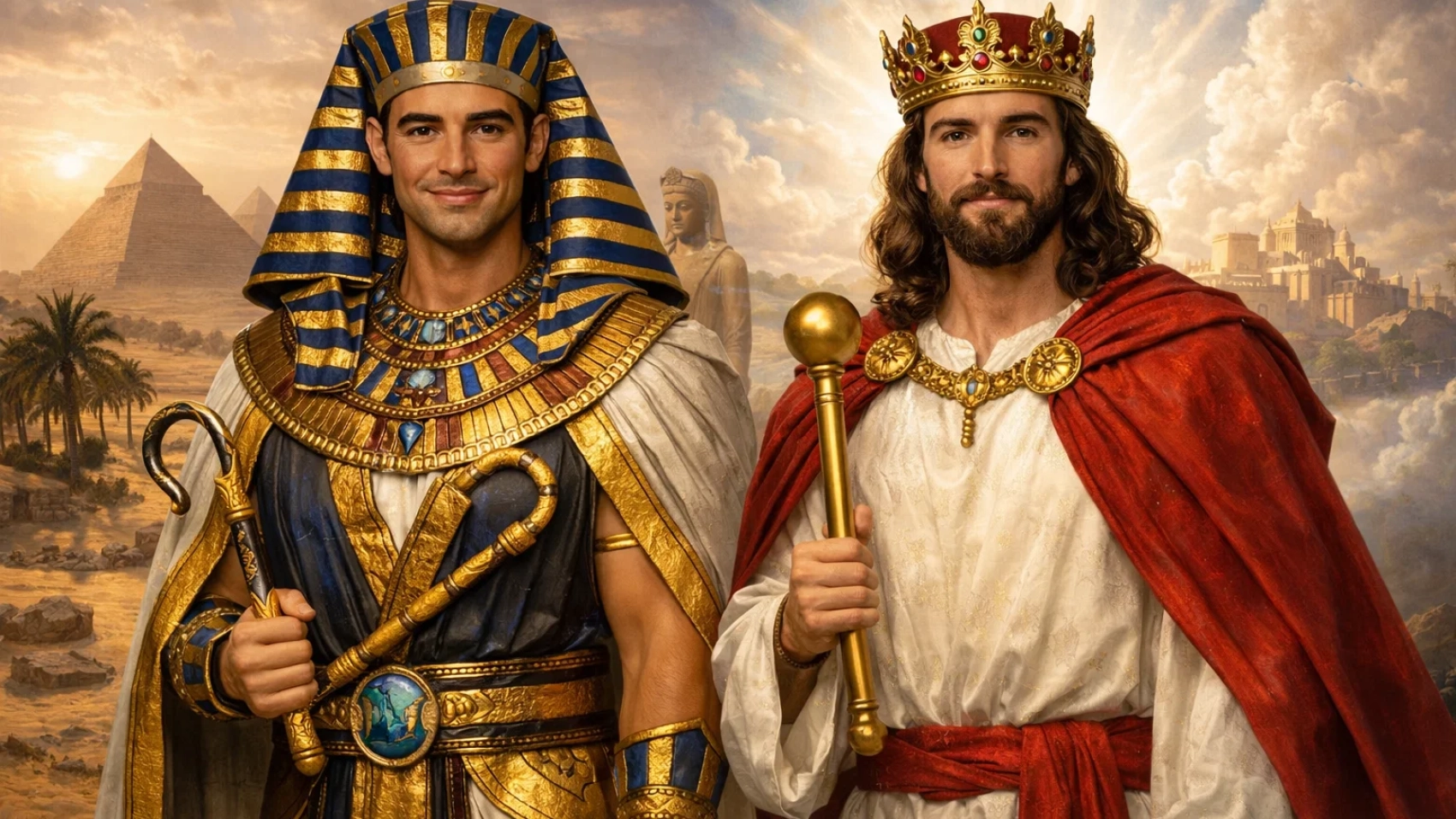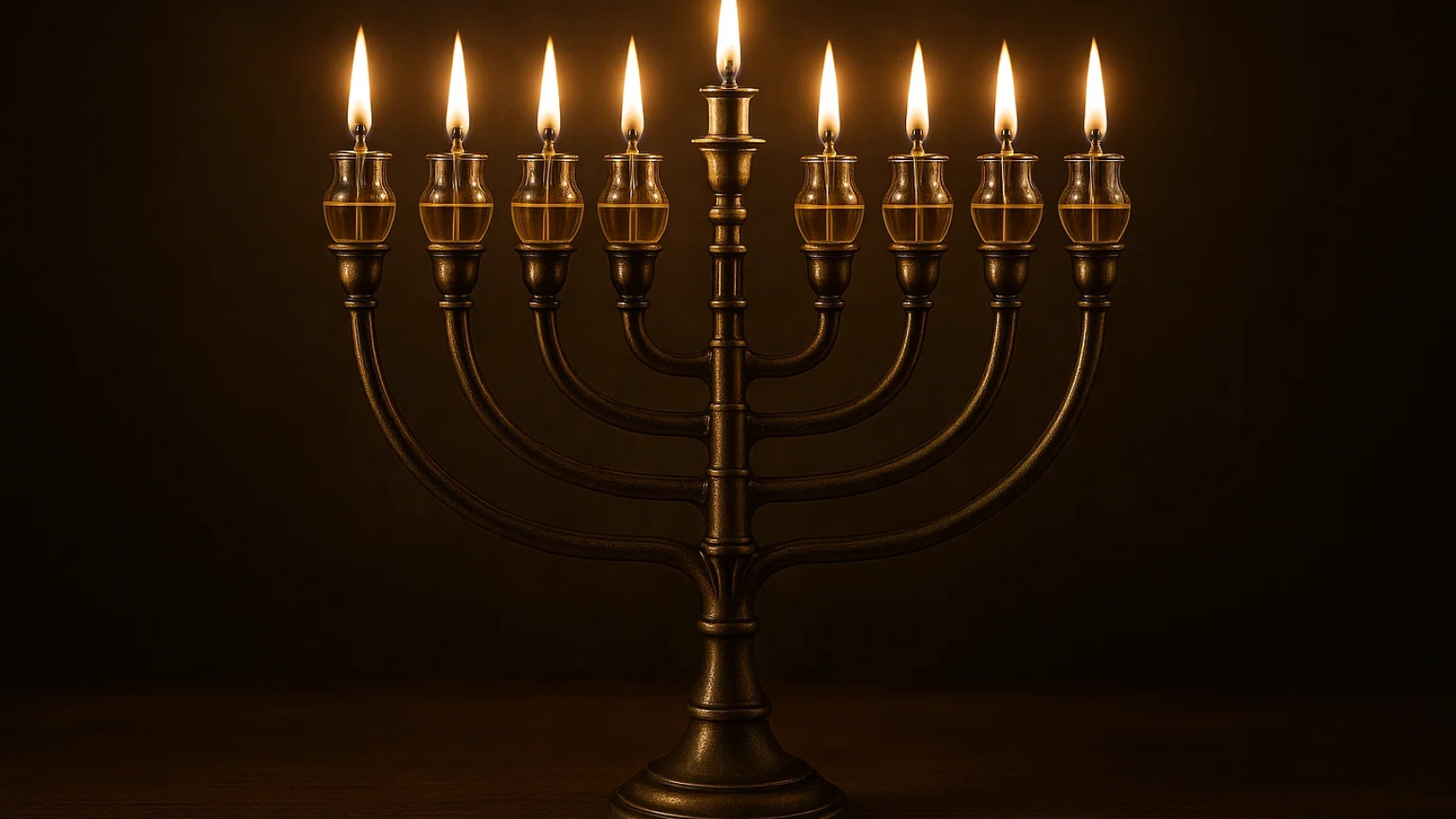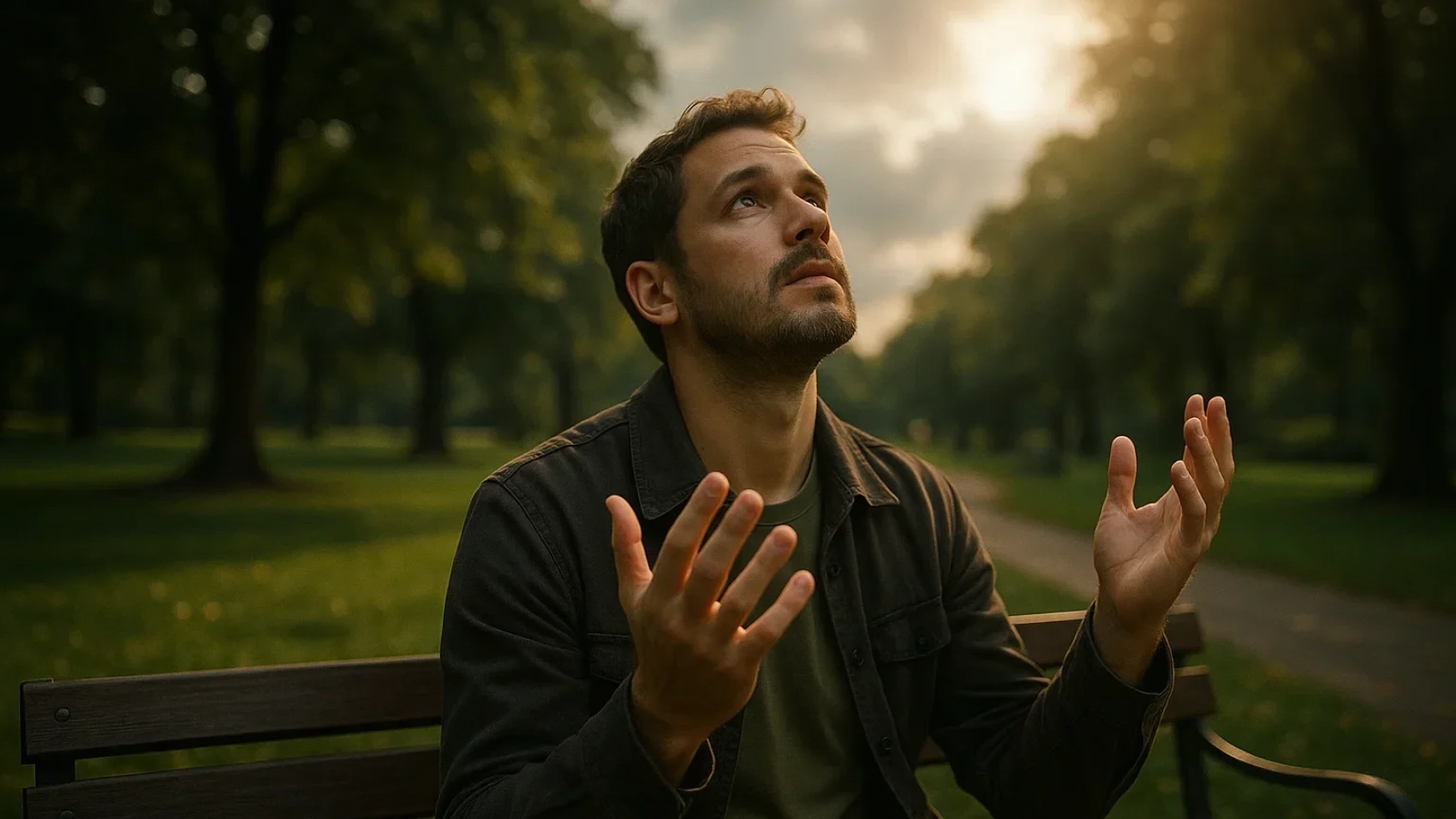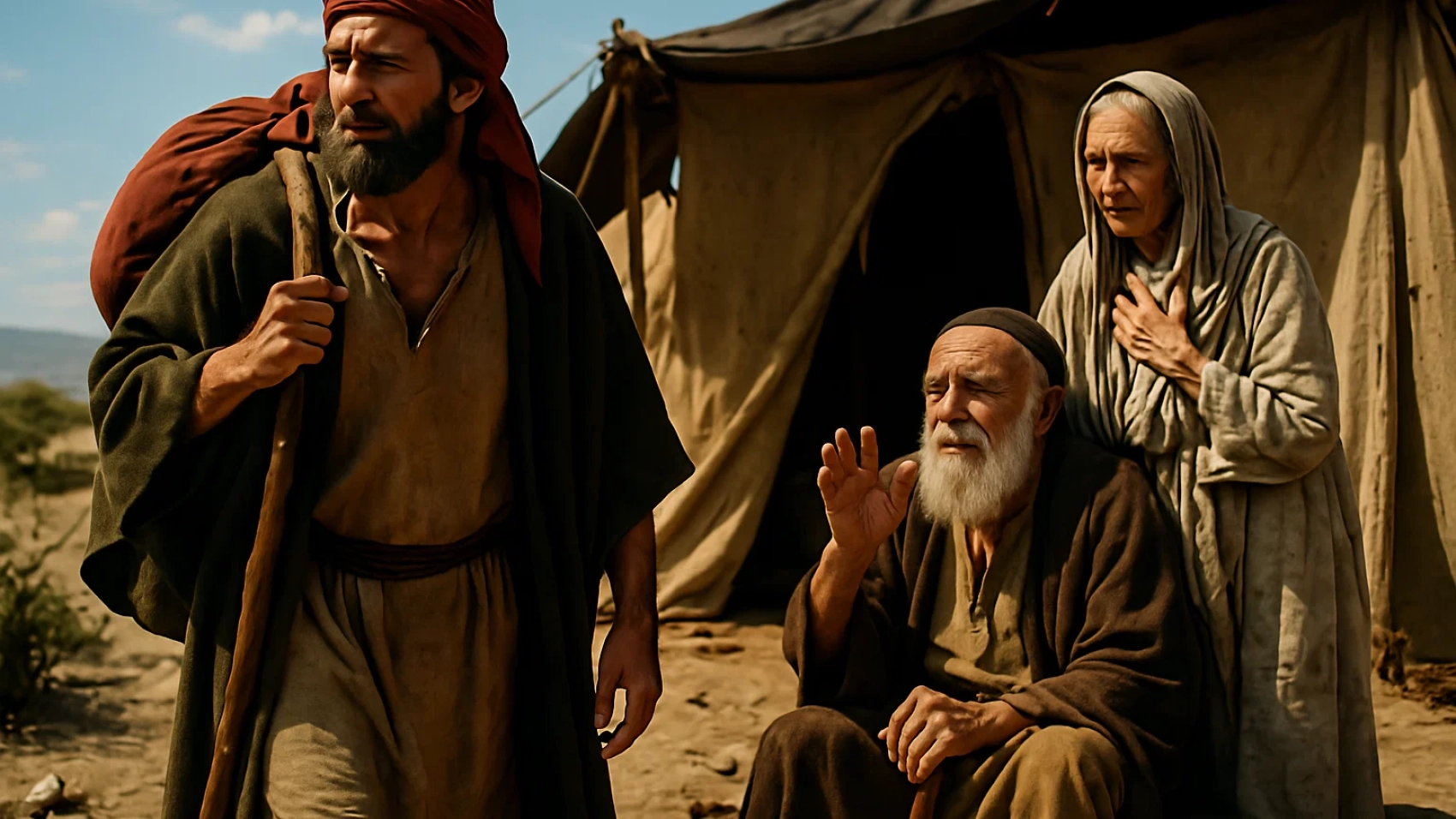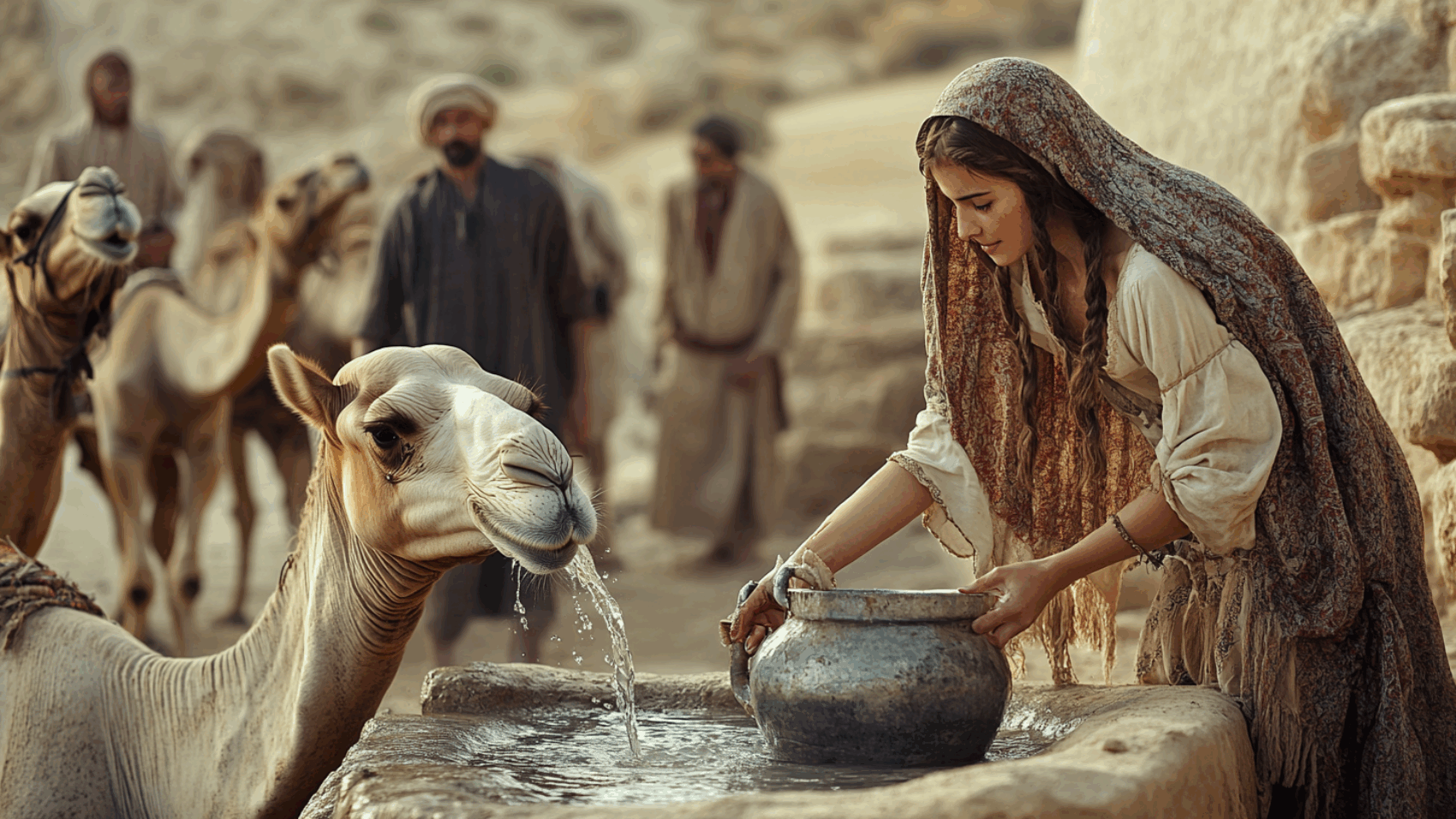A modern synonym for “entereza” is resilience. Let us begin by defining it clearly:
RESILIENCE
It is a person’s capacity to adapt and overcome difficult or traumatic situations. In simple terms, resilience is the ability to recover and move forward after facing challenges and hardships in life.
If there is a biblical figure whose life is striking—other than Yeshua and Moshe—it is Yosef, the son of Ya‘akov, precisely because of his capacity for recovery, his fidelity to his principles, and his moral strength.
It is impossible to read his story without feeling bothered by the attitude of his brothers who, even if they had motives, cannot be justified for wanting to kill their younger brother—whom they should have protected.
But after that plan was stopped by Y’hudah, we see a boy barely sixteen years old thrown into an unknown, cruel, unjust, and materialistic world.
Though Scripture does not explicitly describe his intimate and total dependence on Yehovah, that is the only possible explanation for his ability to recover and rebuild his life while guarding his heart from dark feelings like bitterness, resentment, and revenge—feelings that, to some extent, we might even consider understandable.
We do not know what kind of spiritual formation Yosef received from his father; but his behavior allows us to infer that he was sensitive to the God of his ancestors Avraham, Yitzjak, and Ya‘akov.
How did Yosef maintain his identity beneath Egyptian garments when success finally came his way and life smiled upon him?
This is where the modern concept of resilience enters.
Resilience is not merely the capacity to return to a former state after a trial; it is the strength to continue growing—becoming better, stronger, more generous, and more committed—making this world and its people better.
Yosef Could Have Founded the Woke Movement
The woke culture is defined as a mindset or attitude of heightened sensitivity toward social, political, and economic issues related to injustice, inequality, and discrimination—racism, sexism, homophobia, etc.
Yosef faced several of these conditions head-on, yet he never fell into victimhood, something very common among many who embrace this movement today. Instead, he held on to his faith, his integrity, and his trust in God while navigating extremely adverse circumstances.
Let us look at some aspects of his resilience:
- Resilience in the face of family rejection:
Rejected and sold as a slave by his own brothers out of jealousy, Yosef did not allow hatred or resentment to define his life. - Adaptation to change:
As a slave in Egypt, Yosef did not give in to despair. Instead, he worked diligently and faithfully, earning the trust of Potiphar, who placed him over his entire household. - Moral firmness:
When tempted by Potiphar’s wife, Yosef displayed integrity by rejecting her, even though this cost him a false accusation and imprisonment. His ability to stand firm in his values, even at great cost, reveals his resilient character. - Patience in adversity:
While in prison, Yosef continued to trust in God’s purpose for his life. Rather than giving up, he used his administrative abilities and his gift of dream-interpretation, which ultimately led to his release and promotion. - Forgiveness and reconciliation:
When he had the chance to take revenge on his brothers, Yosef chose forgiveness and reconciliation, showing that he had not allowed suffering to embitter him but had allowed it to strengthen him.
This is resilience. Yosef’s resilience was possible because he never lost sight of God’s purpose for his life. His faith and hope in the divine plan enabled him to overcome suffering with courage and turn his trials into opportunities to glorify God and save his family—and many others.
And What About Us?
Now comes the essential question: What about us? What about you?
How resilient are you when facing failures, criticism, mistakes, persecution, trials, and everything else that comes your way?
In today’s culture, people often respond to injustice or hardship with violence, avoidance, blaming others, seeking revenge, or withdrawing in an attempt to avoid future pain. Seldom do we choose to leave those experiences behind, learn from them, and move forward with a clear resolve to do what is right and to bless others.
Those of us who have encountered Yeshua—and who have been led by Him to obey the Torah and to know Yehovah our Father—are equipped to be resilient. Our strength does not come from ourselves but from Someone greater, who takes our weaknesses and equips us to return love for hatred, generosity for selfishness, forgiveness for offense, and goodness for evil. After all, that was the model of our Lord and Messiah, Yeshua.
“For I know very well the plans I have for you,” declares Yehovah, “plans for welfare and not for calamity, to give you a future and a hope.”
Jeremiah 29:11
So it is time to leave behind the mistreatment suffered in the past—whether caused by others or by life itself. Let us rise up, face forward, strengthen our roots, and do the best we can with what is in our hands.
Let us learn from the Japanese bamboo, a classic example of resilience. During its first years, bamboo barely grows in height; instead, it develops a strong and extensive root system. Later, in just a few weeks, it can grow several meters. This sudden growth is possible because of its strong foundation. Bamboo teaches us that resilience often involves invisible, underground growth that prepares us for future challenges.

